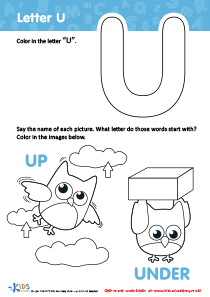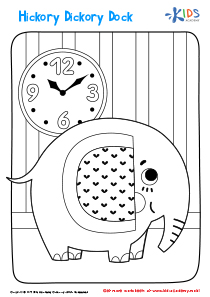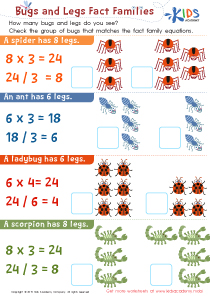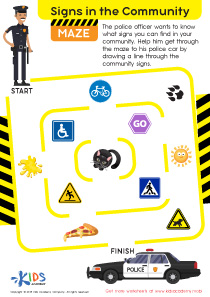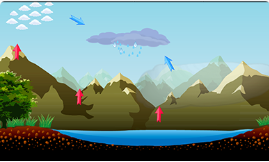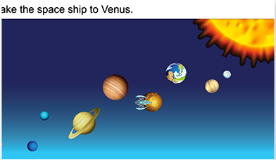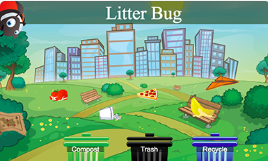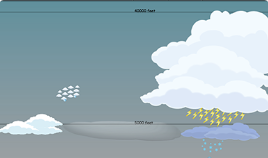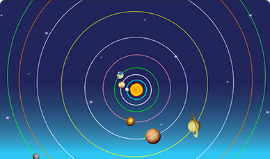Social Studies Lessons | World Citizens, Grade 3
0 results
Welcome to our World Citizens Lessons for Grade 3 children! In these interactive lessons, kids will learn about different cultures and beliefs, and explore the world beyond their own community. With engaging worksheets, educational videos, and assessment quizzes, our lessons provide a comprehensive approach to help kids become global citizens. Kids will learn the importance of diversity and respect, and how to appreciate and celebrate differences. Our expertly curated curriculum is designed to create lifelong learners who are open-minded and empathetic towards others. Join us in our journey to create a better world, one lesson at a time.
World Citizens Lessons: Helping Kids to Become Global Thinkers
In today's interconnected world, it's more important than ever for kids to develop an understanding and appreciation for cultural diversity, social justice, and environmental sustainability. That's where the World Citizens Lessons come in - a comprehensive curriculum designed to help children in Grade 3 become global thinkers and develop the skills they need to thrive in our complex, fast-changing world.
The World Citizens Lessons comprise of interactive worksheets, educational videos, and assessment quizzes that cover a wide range of topics, from history and geography to human rights, diversity, and sustainability. Through these lessons, children learn to appreciate and respect different cultures and perspectives, develop empathy and compassion for others, and become critical and creative problem-solvers.
One of the key benefits of the World Citizens Lessons is that they help to build a strong foundation of knowledge and skills that can be applied in all areas of learning. By exploring different cultures and histories, for example, children can expand their understanding of complex topics such as globalization, migration, and conflict. By learning about sustainability, children can develop an understanding of the interconnectedness of all living things and the importance of protecting our planet for future generations.
Furthermore, the lessons are designed to be interactive and engaging, so that children are actively involved in their learning. They're encouraged to ask questions, make connections between different ideas and concepts, and apply their learning to real-life scenarios. By doing so, they become confident and enthusiastic learners, and are better equipped to take on new challenges and overcome obstacles in their studies.
Another benefit of the World Citizens Lessons is that they help to foster positive social and emotional development in children. By promoting empathy, respect, and understanding, children learn to navigate different social situations and build strong relationships with others. They also develop greater self-awareness, self-regulation, and resilience, which are essential skills for success in school and in life.
Finally, the lessons help children to become more active and engaged citizens, both locally and globally. By learning about social justice, advocacy, and community engagement, children gain the skills and knowledge to become change-makers in their own communities. They're encouraged to think critically about issues of social and environmental justice, and to take action to make the world a better place.
In conclusion, there are many ways in which the World Citizens Lessons can be helpful to kids in their studies.
